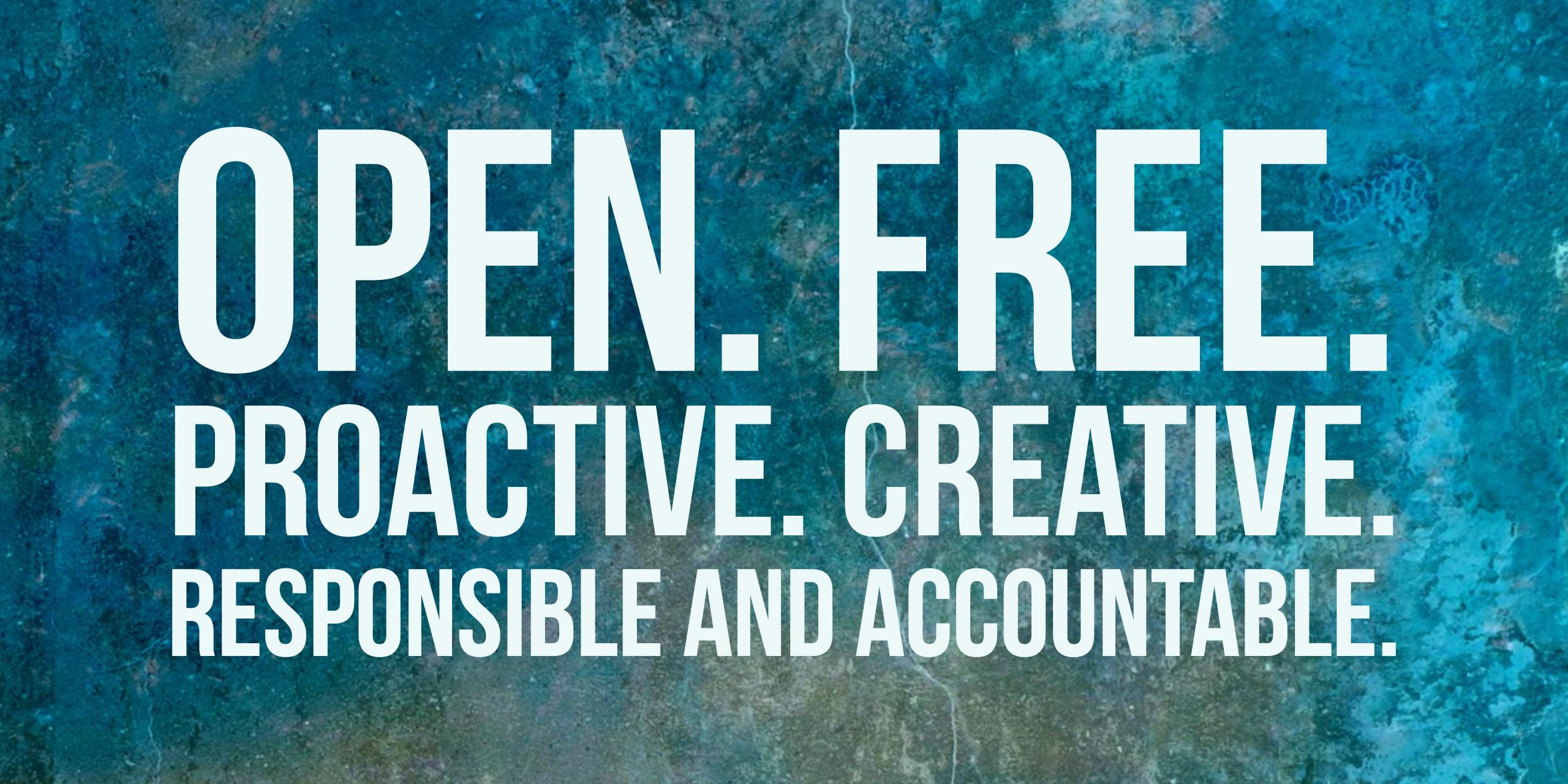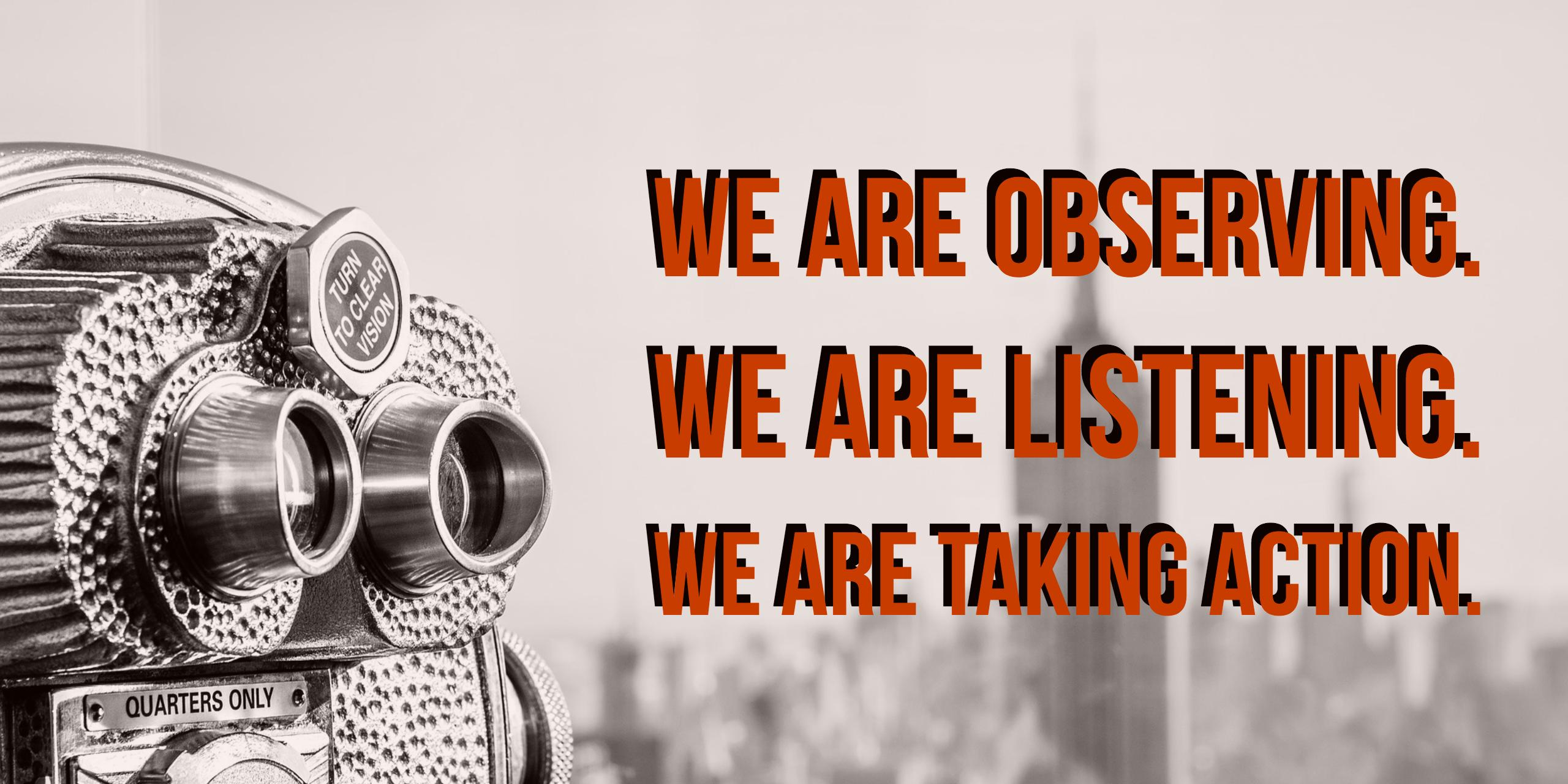Difference between revisions of "About"
| Line 5: | Line 5: | ||
<div class="columns"> | <div class="columns"> | ||
<div class="column"> | <div class="column"> | ||
| − | <h1><a href=" | + | <h1><a href="">The Field Manual</a></h1> |
<p>From the <strong>Prologue</strong> of The Field Manual of MIS<sup><small><strong>1</strong></small></sup>:</p> | <p>From the <strong>Prologue</strong> of The Field Manual of MIS<sup><small><strong>1</strong></small></sup>:</p> | ||
<div class="columns"> | <div class="columns"> | ||
| Line 15: | Line 15: | ||
</div> | </div> | ||
</div> | </div> | ||
| − | <p><a class="button is-info" href=" | + | <p><a class="button is-info" href="">View Online</a></p> |
<p><a href="">Download your copy</a></p> | <p><a href="">Download your copy</a></p> | ||
</div> | </div> | ||
Revision as of 16:12, 4 January 2022
The Field Manual
From the Prologue of The Field Manual of MIS1:
In The Field Manual for the Members of the Department of Management Information Systems, reader can find various subjects which are related to departmental strategy and viewpoints, intrinsic workflows and approaches, implicit rules and regulations, current functions and actions.
1 The Field Manual of MIS is a manifesto/operations manual for Department of Management Information Systems, it is not a lexicon for the term of scientific field of MIS.

Approach
Our administration approach is based on the concepts declared below to get works done!
- Open. Open relationships between agents and parties.
- Free. Freedom of thought and speech in all processes.
- Proactive. Getting work done proactively.
- Creative. Making things as we dream.
- Responsible and Accountable. Awareness of responsibilities of actions and obligations to report, explain, or justify processes.
Continuous Improvement
- We are observing: Keeping eyes open for processes to improve.
- We are listening: Getting feedback from you, in any case.
- We are taking action: Put something forward, obsessively.

Administrative Office
Ms. Ayla Çimen, Department Secretariat
Room # xxx
Phone +90 232 493-0000 / Fax +90 232 xxx-xxxx